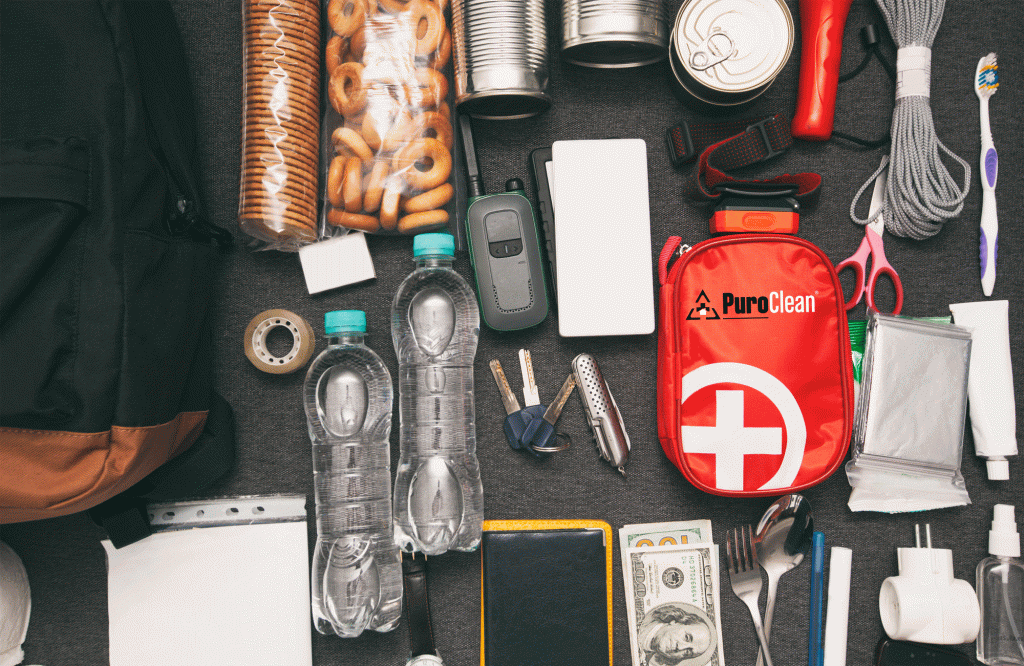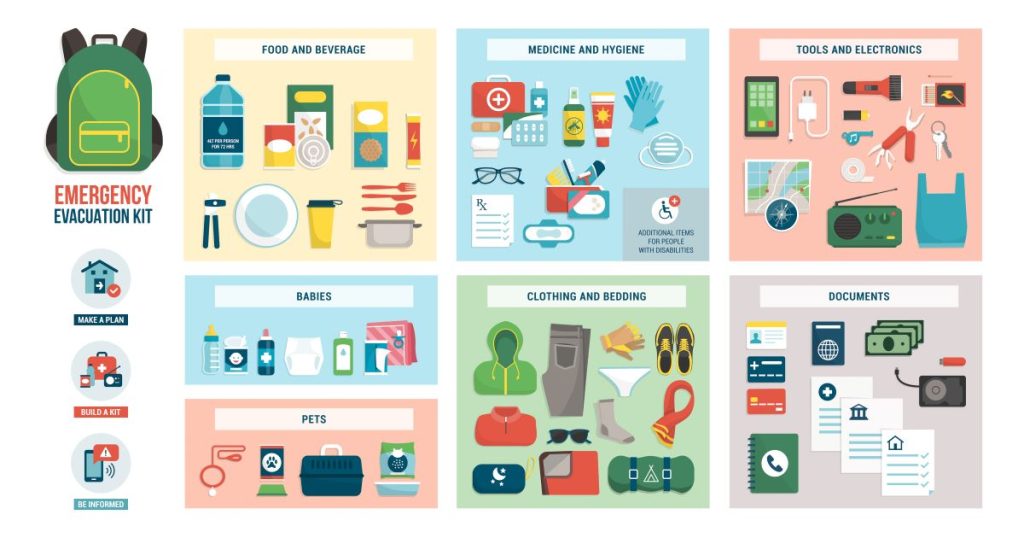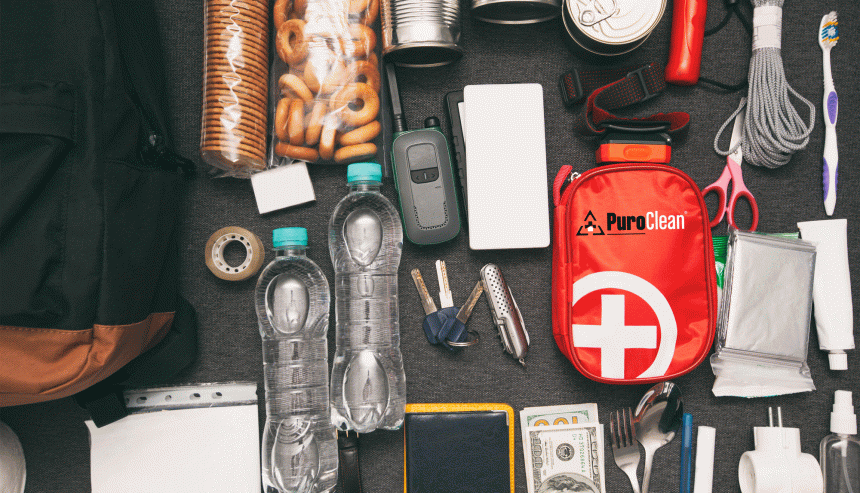
Emergencies are unpredictable, but that doesn’t mean we can’t prepare for them. From natural disasters like hurricanes and floods to home-related incidents like fires or water damage, having emergency preparedness in mind and a plan can make all the difference. Whether you’re a homeowner or a business owner in Pasco, Pinellas, or Hillsborough counties, these tips will help you navigate through unforeseen challenges more efficiently.
1. Understand the Risks in Your Area:
Before drafting a plan, understand the specific risks for your area. Is your property in a flood-prone zone? Are hurricanes a seasonal threat? Once you identify potential dangers, tailor your plan to address those specific concerns.
2. Communication is Key:
Ensure everyone in the household or business knows the emergency preparedness plan. This includes:
Designating a safe meeting spot outside the property.
Creating a contact list with essential numbers, including local emergency services, utilities, and restoration professionals like PuroClean of New Port Richey.
3. Emergency Preparedness Home Safety Protocols:
Install smoke detectors on every floor and test them monthly.
Ensure all family members know how to shut off water, gas, and electricity in the event of a breach or leak.
Have a fire extinguisher on each floor and ensure everyone knows how to use it.
4. Business Continuity Planning:
Backup all essential data and have a digital and physical copy stored offsite.
Have a list of essential employees who should be contacted immediately during an emergency.
Pre-establish roles and responsibilities, ensuring employees know what to do if the business premises become inaccessible.
5. Essential Supplies:
Prepare an emergency preparedness kit containing:
Flashlights with extra batteries.
A first aid kit.
Essential medications.
Non-perishable food items and bottled water for a minimum of three days.
Important documents in a waterproof bag, such as identification, insurance papers, and medical records.

6. For Businesses – Know Your Neighbors:
Collaborate with neighboring businesses to keep each other informed about any potential threats or risks.
Create a shared database of local resources, from emergency contacts to preferred vendors, that can be accessed quickly in times of crisis.
7. Plan for Pets:
Pets are family too. Ensure you have:
A safe place for them in the event of an emergency.
A kit with essential supplies, such as food, water, and medication.
Updated ID tags and a list of pet-friendly shelters or accommodations.
8. Regularly Review and Update Your Plan:
Situations and risks can change over time. Review your emergency plan at least annually or after any significant changes to your property or business operations. Watch your local news providers or listen to local emergency radio stations to understand what is at hand to effectively update plans. FEMA resources are also available on their website.
9. Training and Rehearsals:
For businesses, conduct regular drills to ensure all employees know the procedures. At home, take the family through the emergency plan every few months, so everyone knows what to do instinctively.
Emergencies might be unpredictable, but with a solid emergency preparedness plan in place, their impact can be mitigated. It’s about safeguarding not only our properties but also the people and memories they house. And when faced with challenges beyond our control, remember that professional services, like PuroClean of New Port Richey, are always here to help restore, rejuvenate, and bring life back to normal.




 PuroClean of New Port Richey
PuroClean of New Port Richey